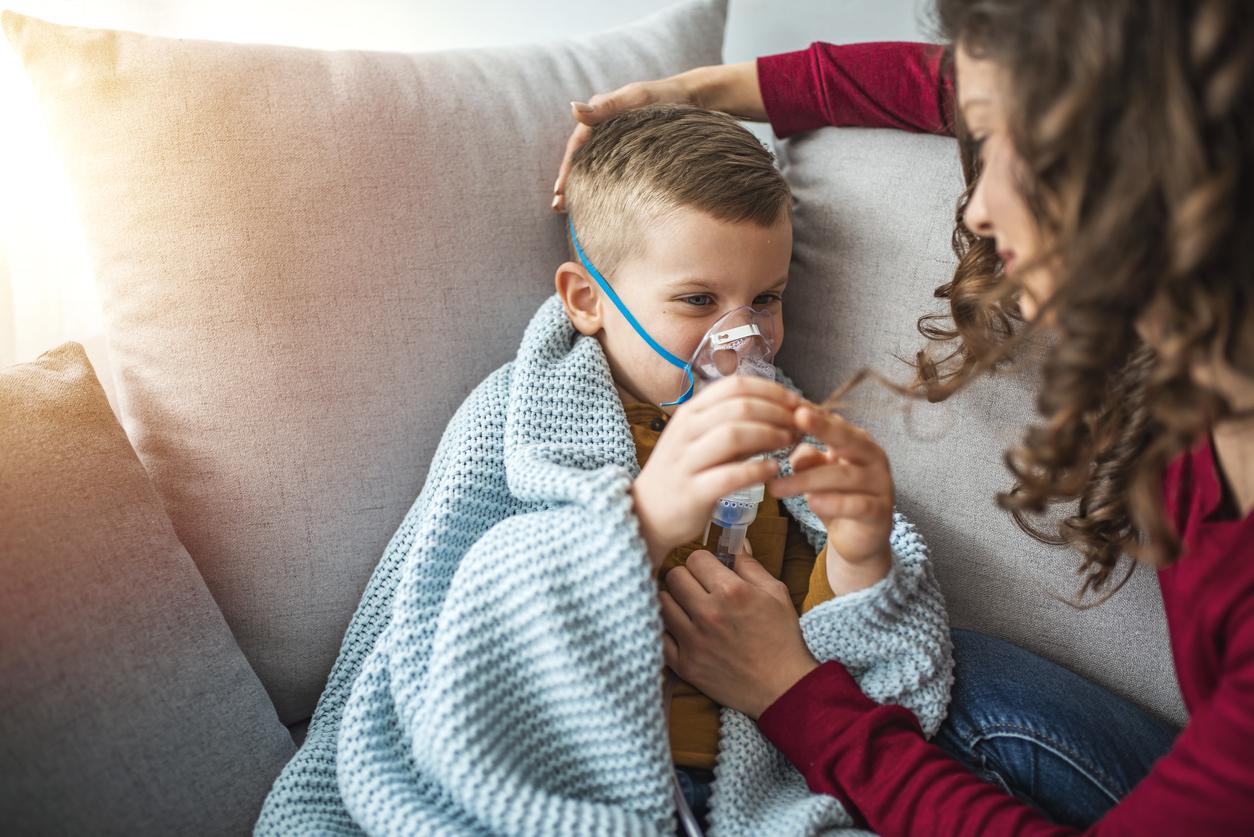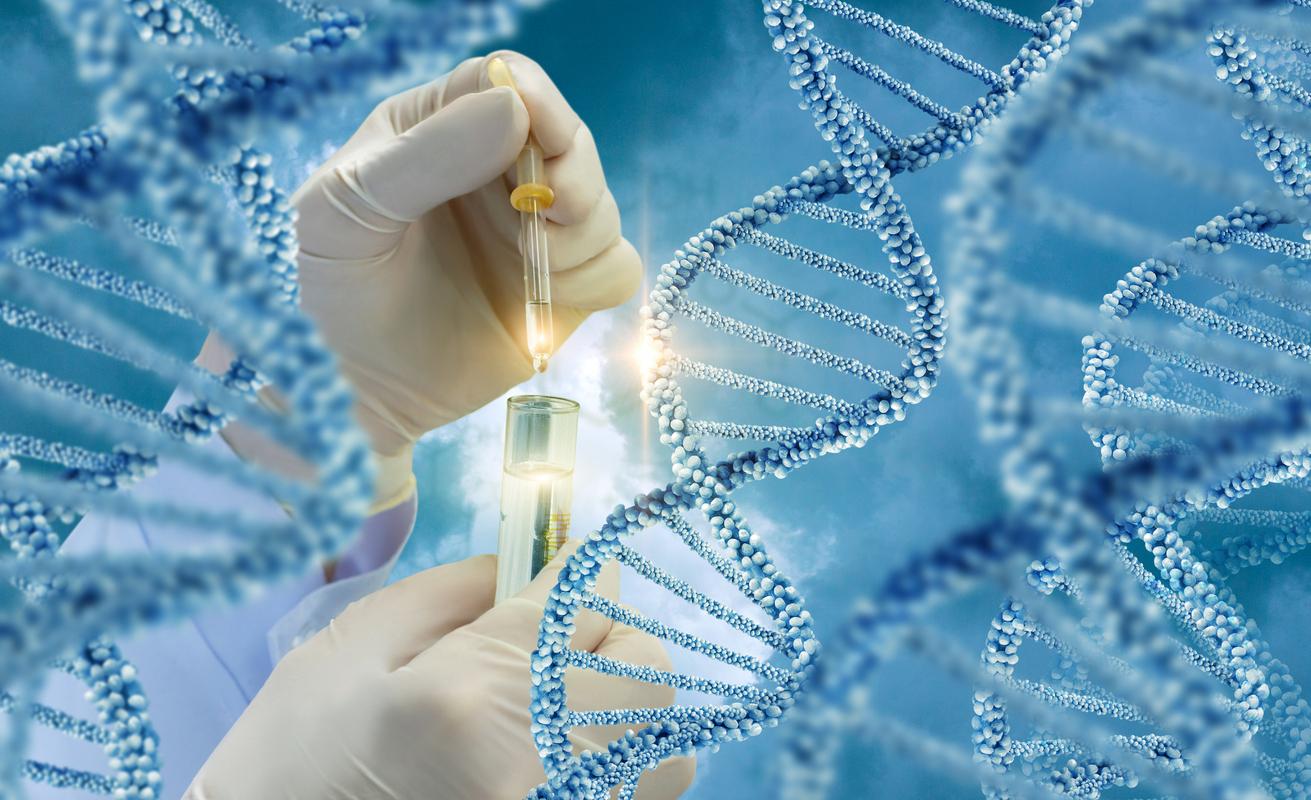Parents with a child with a chronic illness can benefit from an additional leave of at least two days. A new decree has detailed the pathologies concerned.

- Parents whose child suffers from a chronic illness or cancer can benefit from specific leave for a minimum of 2 days.
- A decree, published in the Official Journal of March 29, 2023, detailed the list of diseases giving rise to this right.
- You must present proof to benefit from this specific leave for sick children.
Medical appointments, care, worries… caring for a child with a serious or chronic illness is extremely stressful. A law of 2021 allows the parents of young patients suffering from a chronic pathology or cancer to benefit from specific leave of a minimum duration of 2 days to take care of them. A new decree has just specified the pathologies giving rise to this right.
Specific sick child leave: several chronic pathologies added to the list
A law, promulgated in 2021, provides for specific leave for employees who are parents of a child suffering from cancer or a chronic pathology requiring therapeutic learning. That is to say when the young patient needs heavy drug treatment and hospitalization. This system was in addition to the one offered since 2016 to parents learning about their child’s disability. A new breakthrough has been unveiled. A decree, published in the Official Journal of March 29, 2023, detailed the list of diseases allowing you to benefit from these additional holidays:
- disabling stroke;
- bone marrow failure and other chronic cytopenias;
- chronic arteriopathy with ischemic manifestations;
- complicated schistosomiasis;
- severe heart failure, severe arrhythmias, severe valvular heart disease;
- severe congenital heart disease;
- active chronic liver disease and cirrhosis;
- severe primary immunodeficiency requiring prolonged treatment, human immunodeficiency virus infection;
- type 1 diabetes and type 2 diabetes;
- severe forms of neurological and muscular disorders (including myopathy), severe epilepsy;
- severe constitutional and acquired haemoglobinopathies, haemolysis;
- hemophilias and severe constitutional disorders of hemostasis;
- coronary disease;
- severe chronic respiratory failure;
- Alzheimer’s disease and other dementias;
- Parkinson disease ;
- hereditary metabolic diseases requiring prolonged specialized treatment;
- cystic fibrosis;
- severe chronic kidney disease and primary nephrotic syndrome;
- paraplegia;
- vasculitis, systemic lupus erythematosus, systemic sclerosis;
- active rheumatoid arthritis;
- long-term psychiatric conditions;
- progressive ulcerative colitis and Crohn’s disease;
- multiple sclerosis;
- progressive structural idiopathic scoliosis;
- severe spondyloarthritis;
- aftermath of organ transplantation;
- active tuberculosis, leprosy;
- malignancy, malignancy of lymphatic or hematopoietic tissue.
The text of the law specifies that the rare diseases listed in the Orphanet nomenclature (rare diseases portal, editor’s note) and severe allergies “giving rise to the prescription of a treatment by injection”are also affected.
Specific sick child leave: how to benefit from it?
On the website of the Ministry of Health, it is specified that the “private sector employees, regardless of the type of their contract, can benefit from this new leave on presentation of proof”.
Its minimum duration is 2 working days. However, the number of days offered to parents of children with a chronic illness may be increased by means of company or branch collective agreements or agreements.
“This absence does not entail a loss of salary and is not deducted from paid leave. The leave is the responsibility of the employer and it is assimilated to effective working time for the determination of the duration of the paid leave. annual. In the case of civil servants, this leave is considered as a special leave of absence (ASA)”indicates the ministry in a article dated April 12, 2022.


















